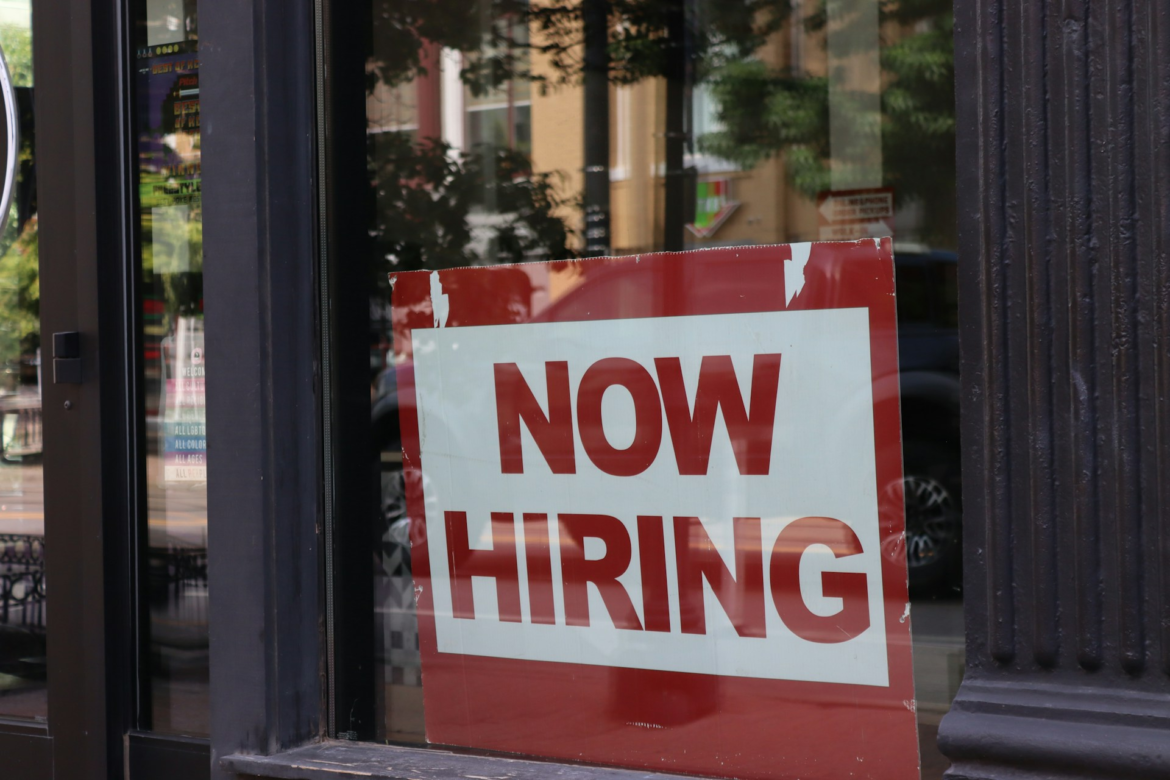Employers are placing greater emphasis on soft skills as artificial intelligence transforms the workforce, according to research released this week by Seramount, a talent services firm.
While hiring managers still seek candidates with AI skills, talent leaders say the competitive edge is shifting toward human abilities such as decision-making and interpersonal communication, according to the company. One chief human resource officer interviewed for the research said soft skills are critical, not just nice to have.
“We are entering a period of rapid workforce disruption, where certain skill sets may decline in value—and will continue to do so over time,” said Joe Infantino, senior director at Seramount. “By developing leadership, collaboration, and problem-solving skills, in addition to technological know-how, individuals can set themselves apart in an increasingly difficult job market.”
Flexible work remains standard
The company’s 2025 State of the Workforce report examines forces shaping worker expectations and highlights opportunities for employers to balance business needs with employee experience, according to Seramount.
Hybrid and remote work remain the norm, with employees willing to trade compensation for flexibility, the report found. One-third of employees experience moderate to high levels of burnout, according to the research.
The report also found that societal shifts are changing how and when employees consider switching jobs. Workers who delay life milestones such as marriage and children report feeling less tied to their current positions, while the gig economy offers short-term opportunities with more flexibility, according to Seramount.
Human strengths gain importance
“Employers that double down on hybrid and remote work options, support for mental health, and hiring for human strengths like complex problem-solving and cross-functional communication will have the edge in the AI era,” Infantino said. “Similarly, employees who master both soft skills and new technological advances will dominate the workforce of tomorrow.”
Seramount interviewed 100 chief human resource officers in 2025, representing companies of different sizes and sectors, according to the company. Researchers spoke with each CHRO for an hour about business-critical challenges and opportunities they expect to focus on in the year ahead. The research team also conducted a literature review.
Seramount works with more than 600 partner organizations, including more than half of the Fortune 100, according to the company.





